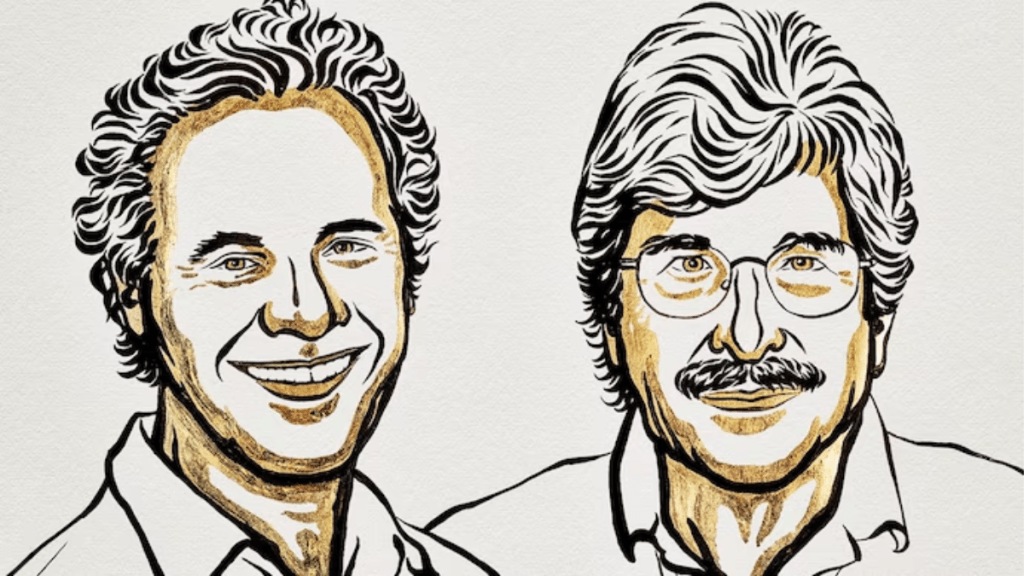In a groundbreaking announcement, scientists Victor Ambros and Gary Ruvkun have been awarded the 2024 Nobel Prize in Physiology or Medicine for their pivotal discovery of microRNA and its significant role in gene regulation. The Nobel Assembly at Sweden’s Karolinska Institute made the announcement on Monday, recognizing the profound impact of their work on the field of molecular biology.
Ambros and Ruvkun’s research has transformed our understanding of gene expression, revealing how microRNA molecules influence the regulation of genes and the underlying mechanisms of various diseases. Their findings have paved the way for innovative therapeutic approaches in medicine, making this award particularly timely in the context of ongoing global health challenges.
The Nobel Prize in Medicine comes with a prize sum of 11 million Swedish crowns (approximately $1.1 million). This prestigious award is the first to be announced in the annual series of Nobel Prizes, which also include categories for literature, peace, and economics. The remaining five prizes will be revealed in the coming days.
The Nobel Prizes were established in the will of Alfred Nobel, the Swedish inventor of dynamite, in 1901. They celebrate significant achievements in science, literature, and humanitarian efforts. Notably, the Peace Prize is uniquely awarded in Oslo, Norway, due to historical political ties between Sweden and Norway.
Last year, the medicine prize was awarded to Hungarian scientist Katalin Kariko and her American colleague Drew Weissman for their groundbreaking research that contributed to the development of COVID-19 vaccines, which have been instrumental in controlling the pandemic.
The Nobel Medicine Prize has a rich history, with past laureates including iconic figures such as Ivan Pavlov, recognized for his work on conditioned reflexes in dogs, and Alexander Fleming, who shared the 1945 prize for the discovery of penicillin.
The formal presentation of the Nobel prizes, steeped in tradition, will take place on December 10, the anniversary of Alfred Nobel’s death. The ceremony will be followed by a lavish banquet at Stockholm City Hall, while the Peace Prize celebrations will occur in Oslo on the same day.
As the scientific community celebrates this momentous achievement, the contributions of Ambros and Ruvkun will undoubtedly inspire future generations of researchers dedicated to unraveling the complexities of life at the molecular level.


